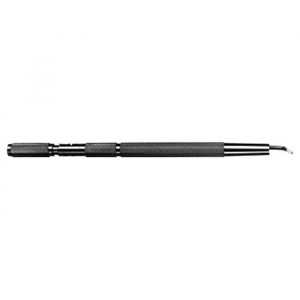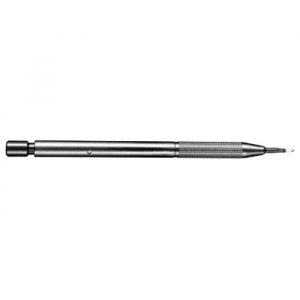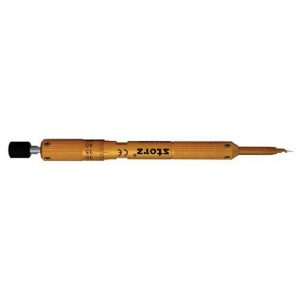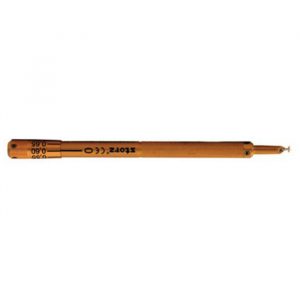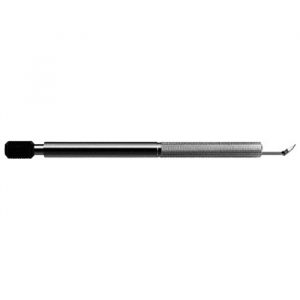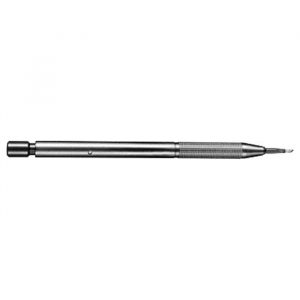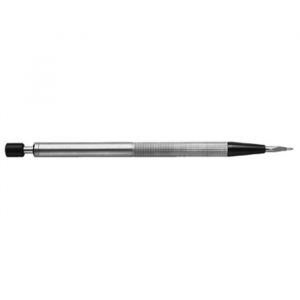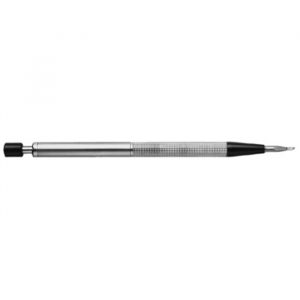This is an example of mega menu dropdown. You can edit it from admin panel -> HTML Blocks -> Menu shop.
All these pages are not included with a dummy content. You can configure your shop page as you need in Theme Settings -> Shop.
Storz
Surgical instruments eventually need maintenance no matter how premium their quality may be. The Storz diamond knife repair unit is among the best in the industry.
But Storz is more than a company that excels in diamond knife repair, as they are the leading name in the ophthalmic industry.
Here’s everything you need to know about Storz, its diamond knives, and their story.
Storz – The Company
Storz Ophthalmic Instruments, or simply Storz, has been part of the Bausch + Lomb Company since it was acquired by the latter in 1997. Prior to its acquisition by Bausch and Lomb, Storz Instrument Company traces its origin to 1872, when the Storz family started the manufacture of instruments in the US after emigrating from Germany.
Bausch + Lomb, the parent company of Storz Ophthalmic Instruments, has its headquarters in Canada but has local offices in several cities. Some of the top locations of Storz Ophthalmic Instruments include North and South America, Europe, Africa and Asia/Oceania.
Presently, Storz Ophthalmic Instruments and Bausch + Lomb function as the eye care division of the larger enterprise, Bausch Health.
The company manufactures several surgical products in the field of ophthalmology for use in surgical procedures of refractive and corneal surgery, retinal and cataract surgery, and diamond knives are one of the instruments.
Storz diamond knives
Storz makes all its instruments, including the diamond knives, at their manufacturing facility located in different parts of the US as well as Germany. However, most of the diamond knife repair is done by skilled craftsmen in Heidelberg, Germany.
Under the diamond knives category, Storz has three different types, which include:
Corneal refractive
There are two knives under this category, which are:
LRI/CRI knives: Storz offers five-diamond knives under this category. The length of the LRI diamond knives ranges from 99 to 120 mm with the blade retracted.
Micrometre knives: The two Storz diamond knives under the micrometre category measure 113 and 114mm in length with the blade retracted.
Phaco knives
Storz has three categories of phaco diamond knives, which are:
Clear cornea: The six diamond knives under this category have a length of 119mm with the blade retracted. The thickness of these blades ranges from 2.5mm to 3.1mm.
Profile series: Storz diamond knives in this series have blade thickness ranging from 1.88 mm to 2.9mm and a length of 119 mm with the retracted blade. There are eight diamond blades in the profile series.
Mics: These blades have a thickness between 1.7mm and 2.4mm with a length of 119mm. Storz has five diamond blades under this category.
Universal/cataract
Seven diamond knives from Storz fall under this category. The length of these diamond knives ranges from 114mm to 123mm with a retracted blade, making them the largest ones in the brand.
Materials and construction
Storz diamond knives consist of natural diamond on the edges of the blade and titanium on the handle. These materials ensure that Storz diamond knives are of the highest quality and are also durable.
What makes Storz diamond blades exceptional in precision and reliability is due to a combination of factors:
In-house development
The Center of Excellence Team designs and develops Storz diamond blades in-house. The expert team also works in consultation with the top doctors worldwide so that the surgical instruments adapt to the changing requirements in ophthalmology.
Operating techniques in ophthalmology keep constantly changing with new treatment options, so working with surgeons allows the brand to keep coming up with new instruments. Combining new technologies with handcrafted excellence allows Storz to be the best in the industry.
Best craftsmen in the industry
The best craftsmen in the industry do Storz diamond knife repair and development to ensure that the instruments are top quality. Whether it is the making of a new surgical instrument or repair and maintenance, the workmanship of Storz diamond blades is among the industry’s best.
In-house manufacturing
Every Storz diamond knife or instrument is manufactured in-house, which is internationally certified and controlled. Storz Ophthalmic Instruments uses state of the art equipment and technology from assembly to the finishing touches.
Until some years ago, the diamond blades from Storz were made in their manufacturing units spread over several states in the US.
However, Storz also manufactures its reusable instruments, including diamond knives, in Heidelberg, Germany. Single-use instruments from Storz are also made from their manufacturing unit in Germany. Surgical engineers do the manufacturing of diamond knives.
Storz’s Heidelberg manufacturing unit has an EN ISO 13485 certification and complies with the CE-Marking requirements. The manufacturing facility also has a certification from the European Medical Devices Directive, so it meets the highest international standards.
Before Storz packs the diamond knives for shipment, they are laser marked, which allows secured traceability. Every surgical instrument is also subject to quality control to ensure the highest precision, quality, and performance.
The final packing of Storz diamond knives is also done in controlled environments to ensure the best in quality.
Storz diamond knives after service
Storz diamond knife repair services are done in Heidelberg, Germany, by master craftsman as part of their after service. A diamond knife repair is completed in a very short period, which is a great advantage.
In addition, refurbished or repaired diamond knives undergo a total reconditioning program using the best technologies, making them look and perform as good as new ones.
Proper use and cleaning of Storz diamond knives
Storz recommends a detailed and precise use and cleaning of the diamond knives to bring out their best performance and to prolong their longevity. These recommendations include:
For non-powered instruments such as diamond knives, Storz recommends reprocessing them with cleaning, disinfecting, and sterilizing using the right methods.
Refrain from soaking the instruments in solutions containing chlorides and chlorine
To avoid contamination, the transportation of diamond knives should be done in an appropriate container.
Use cleaning solutions that have neutral pH
Use of ultrasonic cleaner is strictly prohibited
Cleaning the surgical instruments should be done with a syringe
Storz recommends cleaning the instruments under a very specific temperature and cleaning time for prewash, wash and rinse.
For details on Storz’s instructions on the proper use, handling and cleaning of their reusable instruments, including diamond knives, visit this link.

